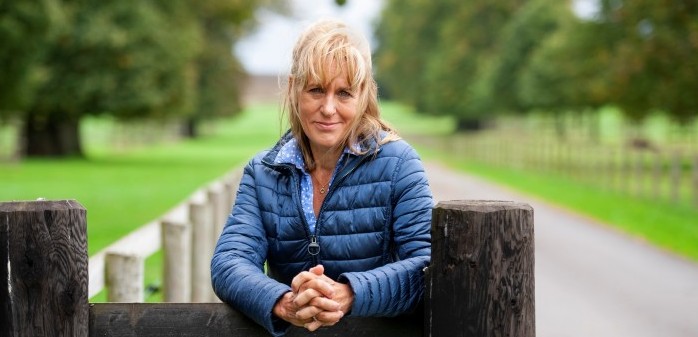The NPA has called for the government to address current constraints on planning for farmers and the gaping holes in the UK’s national biosecurity controls in its response to Baroness Minette Batters’ review of farm profitability.
After collecting views from the pig sector, the NPA’s response also covers trade agreements and labour. Baroness Batters, the former NFU president, who was asked to lead a review into the profitability of farming by Defra secretary Steve Reed, said she was ‘determined to use this opportunity to provide meaningful recommendations to Government, food retailers, processors and manufacturers’.
“The review is a rare opportunity to step back and think about how everyone can shape the future for their sector,” she said.
Planning
The NPA document notes that the planning system has presented a perennial challenge for all sectors, but says it has enormous capacity to unlock agricultural business potential, as well as deliver welfare reform, environmental impact and sustainability, and to facilitate diversification for farms to be economically viable without subsidy or funding.
“Within the planning process however, there needs to be an inherent understanding of the need for and importance of agricultural infrastructure in a viable and environmentally sensitive agricultural business, and a mechanism to facilitate this,” it adds.
The NPA calls for:
- A revision of ammonia thresholds by which planning applications are screened according to, which are ‘extremely low and make proportionate agricultural expansion virtually impossible’.
- The lack of consistency among local authorities when it comes planning approvals for indoor pig units to be addressed. Applications are often delayed and/or rejected due to various concerns including environmental impact, nuisance and animal welfare, when what is proposed will be more efficient and environmentally sympathetic than what already exists.
- The rules around biodiversity net gain (BNG), a national requirement for all full applications over 25 sq.m, requiring assessment of a site’s baseline biodiversity and mitigation or offset proposals, to be applied more proportionately with minor agricultural developments made exempt. The requirement should be limited to at least applications above 1,000 sq.m and potentially only apply to greenfield sites.
- Any requirements for muck and slurry application to be removed from the planning process.
International Trade
The NPA welcomes recent assurances from the government that the UK’s food standards and SPS regime is a ‘red line as part of trade negotiations’. However, in addition to SPS standards, it calls for differences in environmental and animal welfare standards during production must also be recognised.
The NPA supports the NFU’s calls for a set of core production standards that would apply to both domestically produced and imported food in order to be sold in the UK. “Allowing goods into the UK produced to standards that would not be legal for our producers, would represent a betrayal to British farmers,” the NPA states.
Disease Risk
The NPA warns that the UK remains poorly protected from biosecurity and notifiable disease threats, especially given the prevalence of ASF in parts of the EU and the risk of FMD, which has been active in Europe this year.
In order to help improve the UK’s biosecurity we need to increase and improve border controls for all meat imports and ensure there is sufficient resource available at major entry points including ports, such as Dover.
The NPA has serious concerns about the likelihood of a notifiable disease outbreak in the UK due, in particular, to the high volumes of illegally imported meat that continue to enter the country from countries where ASF is rife, such as Romania.
The document also warns that the Border Target Operating Model (BTOM), introduced to control and monitor commercial imports, is ‘not fit for purpose and is highly vulnerable to exploitation from organised crime’ and calls for its flaws to be addressed.
Labour
Labour shortages across the pig industry have been an ongoing post Brexit challenge at a farm and abattoir level.
While the use of overseas labour through the Skilled Visa route has been a feasible, albeit expensive, workaround ,this looks set to stop. Following the government’s recently announced immigration rule changes, it would appear this route is going to be unworkable. Reforms remove a number of jobs from the scheme, including farmers, farm managers, butchers, and veterinary nurses.
“While we are of course supportive of efforts to train and recruit more domestic staff into these roles, this is a longterm ambition. We wish to see the government look again at these immigration routes, and specifically how we can once again recruit overseas labour,” the NPA document states.




